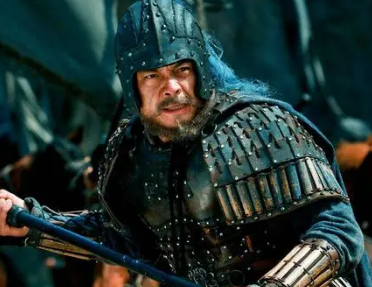Both the Beile and the first-rank official were important officials during the Qing Dynasty, but their statuses and responsibilities differed. So, who had a higher rank, the Beile or the first-rank official?

Firstly, let's introduce the backgrounds. The Beile was a title of the Manchu nobility, representing a noble identity and status. During the Qing Dynasty, the Beile was an important figure among the royal family and the nobility, enjoying high social status and political power. The first-rank official, on the other hand, was a rank of Qing Dynasty officials, representing high-ranking positions and statuses.
Secondly, regarding their duties and powers, the Beile's primary responsibilities were to manage political and military affairs in Manchuria, maintaining its stability and development. Their power mainly stemmed from the support and authorization of the royal family and the nobility, enabling them to oversee and control the economy, culture, and education in Manchuria. On the contrary, the first-rank officials were senior officials in the Qing government, responsible for handling national affairs and managing local administration, with greater power and responsibility.
Thirdly, in terms of status and honors, the Beile's status and honors primarily derived from their identity and family background, as well as their achievements and contributions in political and military fields. Their honors included honorary titles such as "loyal and courageous" and "unwavering loyalty," as well as various medals and awards. In contrast, the status and honors of the first-rank officials mainly stemmed from their positions and achievements, as well as their influence and contributions in political and social fields. Their honors included titles like "outstanding achievements" and "honest and upright," coupled with various medals and awards.
In conclusion, both the Beile and the first-rank official were significant officials during the Qing Dynasty, but their statuses and responsibilities differed. The Beile was primarily responsible for managing political and military affairs in Manchuria, enjoying a higher social status and political power. On the other hand, the first-rank official was a senior official in the Qing government, handling national affairs and managing local administration, with greater power and responsibility. Although both enjoyed high honors and statuses, in practical work, the first-rank official wielded greater power and influence.
Disclaimer: The above content is sourced from the internet and the copyright belongs to the original author. If there is any infringement of your original copyright, please inform us and we will delete the relevant content as soon as possible.
































